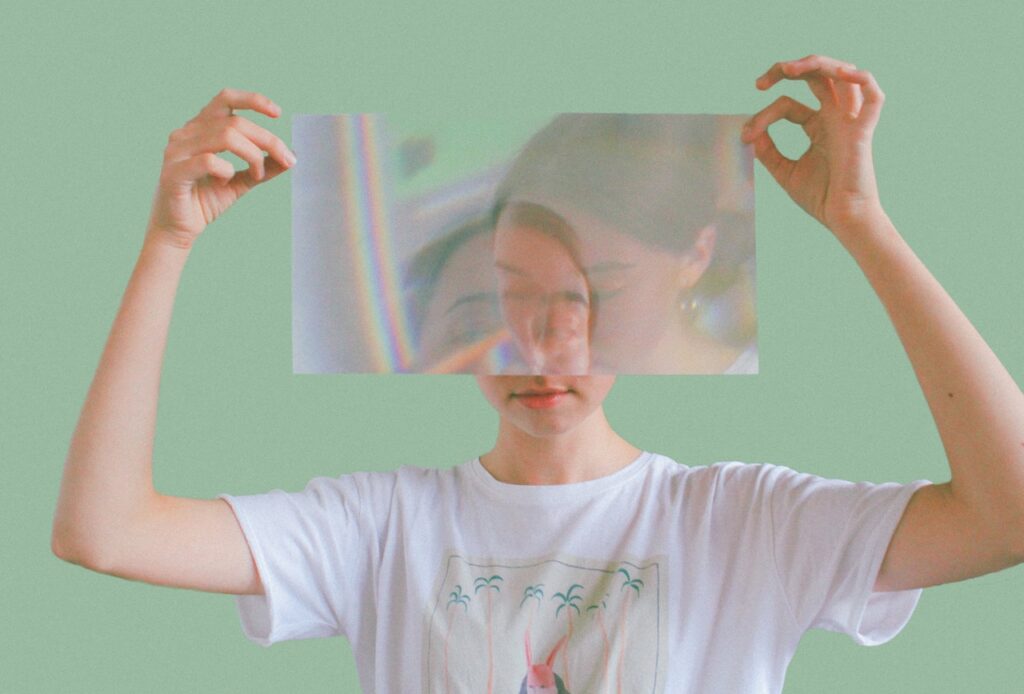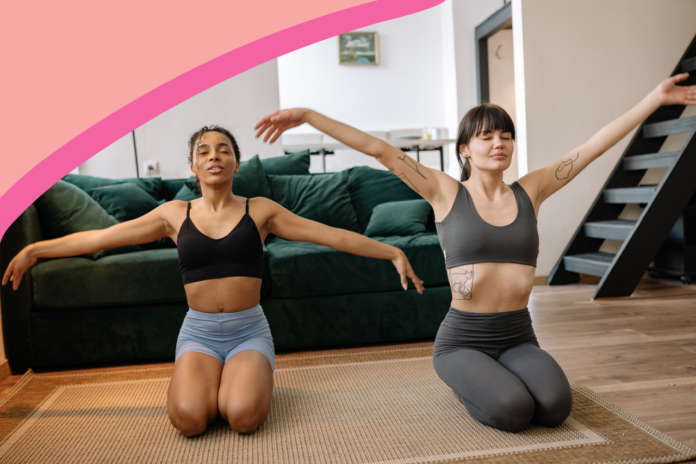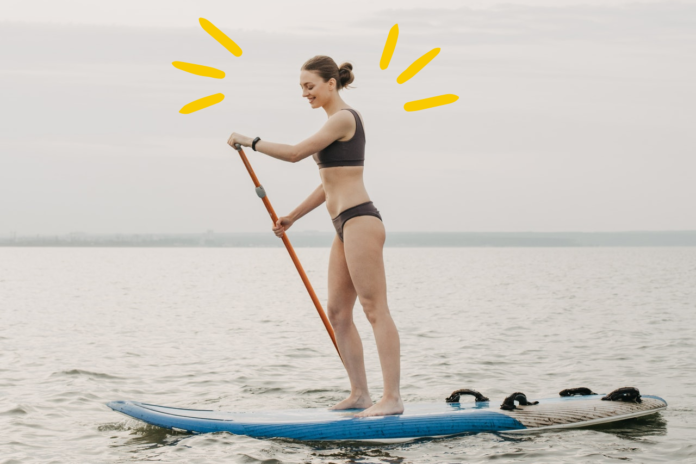
Nothing is certain but death and taxes, a wise man once said. But in the age of ‘always on’, social media tyranny and the impending man made destruction of the world, maybe we should add stress to the list of life’s certainties. It really has never been harder to keep calm and carry on, with 74% of the U.K’s population having suffered from recent overwhelming stress. Something, it seems, has got to give.
The good news is this; help and relief can come from within, by making a few lifestyle changes and adopting a couple of additions to your routine. Here’s how we do it; our 5 IDEAL ways to help calm your mind.
PRACTICE MINDFUL MEDITATION
In ancient times, the Indians used meditation to explore the spiritual connection between mind and body. Today, meditation is a widely adopted part of life and even recommended by psychologists as a top stress reliever. Meditation is one of the most efficient and effective mind decluttering techniques. It also costs nothing and only requires roughly ten minutes of your day devoted to it.
No wonder it’s now deployed by everyone from top executives to school children as a way of refocusing, recentering and achieving a more balanced perspective on life. We’ve written more about living mindfully and the benefits of meditation here; check it out!

TURN OFF THE TECH
No wonder the brain is constantly flitting between thoughts and tasks, and the fingers and thumbs are constantly restless and longing for something to click on. The tech companies, via billions of pounds worth of investment and research, have found the very most addictive ways to make you click, and they’ve harnessed them relentlessly.
Their tactics have been so effective that our brains have been rewired to crave the reward mechanisms of the Facebook like, Instagram follow and Twitter interaction. Anything this powerful and consuming can’t be good for you, so to alleviate stress, it’s time to turn off the tech.
Nope, we’re not suggesting the all out, blanket digital detox (though if you have the means and willpower, that would certainly do no harm), but instead a mindful reduction in your use and awareness of any unhealthy habits related to an excess of screen time. Your eyes, your sleep and ultimately your brain, will all thank you for it.
HAVE A CUP OF GREEN TEA
The healthiest beverage on earth? Possibly. Indeed, Green tea is excellent for proper brain function and also contains L-theanine, an amino acid that increases levels of dopamine, cortisol, and serotonin in the body. The chemicals help in enhancing moods, reducing anxiety and stress levels. Result! Of course, you probably need to balance water and green tea intake for best results, as good ol’ Adam’s Ale is also brilliant for you.
If you want to boost your daily intake of green tea, you can use a portable bottle that keeps beverages hot or cold for long periods. That way, you’re never more than a brewing time away from a soothing, stress reliving sip.
Hemp tea has also hugely risen in popularity in recent years. Made from hemp flower and cultivated to be enjoyed in much the same way that you’d take a daily herbal tea, consumption has the potential to reduce anxiety and stress, as well as slightly lessen chronic pain in some sufferers. We can’t argue with that.

EXERCISE
Most people associate training only with the need to get fit, get ripped and lose weight. And of course, that’s a huge part of the goal of that new gym membership. But recent research has proven beyond all doubt that exercise is a hugely effective tool in the fight against mental health issues, too. A hearty, healthy run, for instance, serves to release happy chemicals like endorphins and serotonin, in turn reducing stress and anxiety. No wonder they call the clarity and sense of pride you feel after a jog ‘the runner’s high’. You’ll find us in the clouds.
PRACTICE VISUALISATION
A tenet of meditation and a stress relieving technique in its own right, visualisation is best performed in a quiet place low on distraction. You simply imagine you’re in a spot you consider soothing, such as on a beach with the rhythmic lapping of the waves, or leant up against a tree taking some refreshing shade from the warm sun. Though this is effective in lessening feelings of anxiety, visualisation can also be deployed when rehearsing for something challenging in the future.





